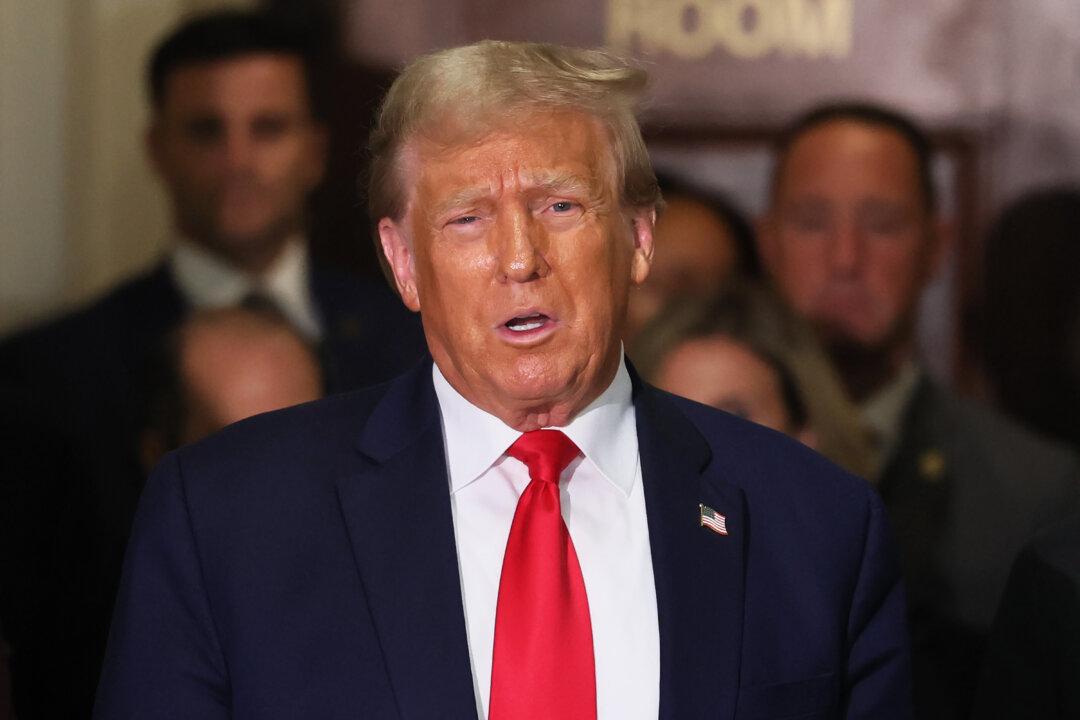Former President Donald Trump intends to use classified information to challenge assessments from the intelligence community and others who allegedly downplayed foreign influences on the 2020 election, his attorneys said in a filing Oct. 26.
The filing in DC District Court accuses the Justice Department (DOJ) of relying on faulty information in bringing its August indictment. It also objects to redactions in classified discovery produced by the Special Counsel Jack Smith’s office.





